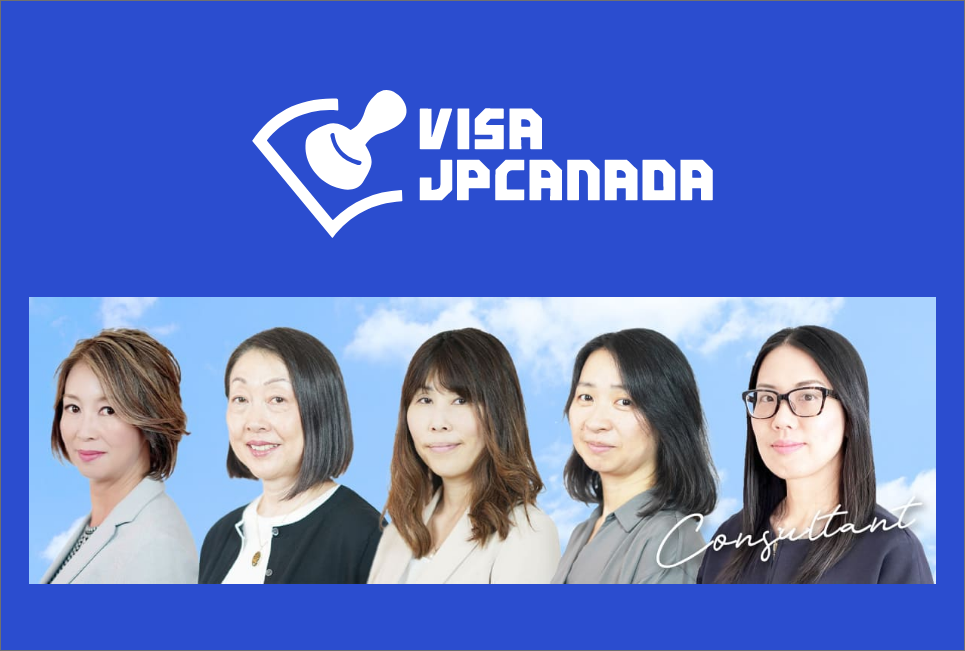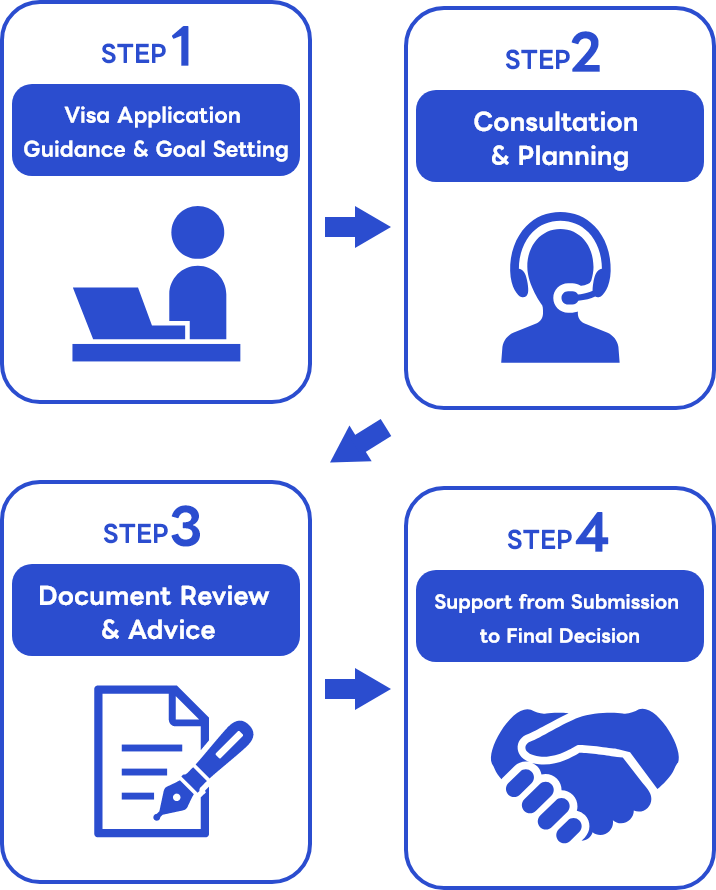[Co-op Work Permit in Canada] How long can you work? Employment conditions and points to be cautious of to avoid illegal employment
Date Posted:April 16, 2025
Last Updated:April 28, 2025
![[Co-op Work Permit in Canada] How long can you work? Employment conditions and points to be cautious of to avoid illegal employment](https://en.visajpcanada.com/wp-content/uploads/2025/04/Blog-Thumbnail-94.webp)
Index
Many people consider their future careers and choose to pursue studies at colleges or universities. Depending on the selected program, some may include co-op (cooperative education) or practicums (internships) as part of the curriculum.
In co-op programs, in addition to the study permit, a work permit for the internship is required. This work permit is commonly referred to as the “co-op work permit.” However, there are many points about the co-op work permit that are not fully understood, which can cause confusion for applicants and students.
This article provides an explanation to help you properly understand the co-op work permit. More detailed information about the co-op program can be found on another page, so please check it along with this article.
What is Co-op?
Co-op (cooperative education) refers to the practice of applying what you have learned in the classroom to real-world situations. Sometimes the position is paid, and other times it is unpaid, but regardless of whether you are paid or not, obtaining a co-op work permit is always required.
What kind of work can you do in Co-op?
Since co-op is a practical experience to apply what you have learned in the classroom, the work must always be related to the field of study in your program. For example, a student enrolled in a digital marketing program must complete their co-op in a field where they can apply their knowledge, and working as a server at a restaurant would not be permitted.
Before starting a co-op, it is advisable to confirm with the school which job positions are eligible for the co-op, and whether a particular job you are interested in can qualify for the co-op.
How many hours can you work in Co-op?
The number of hours you can work in Co-op depends on the school’s program. Schools design their programs based on the rule that “the internship cannot exceed half of the total classroom hours.” If you exceed the hours designated by the school, it would count as illegal employment.
For those holding a study permit, in addition to the co-op hours, off-campus work up to 20 hours per week and on-campus work is permitted, so these work hours are considered separately from the co-op hours.
Information on the allowed working hours for co-op is likely listed on the college’s website or the Letter of Acceptance, but if it is not clearly stated, be sure to confirm the permitted working hours with the school.
What is the co-op work permit?
The co-op work permit is a work permit issued alongside the study permit, and its validity period is always set to match the study permit’s expiration date. This is because co-op is integrated into the curriculum as part of the program and is credited as a course.
Without a valid study permit, you cannot obtain a co-op work permit. The study permit allows study in Canada, and based on this, the work approved as part of the program can be authorized through the co-op work permit. In other words, the co-op work permit is issued in conjunction with the study permit.
Can working with a co-op work permit lead to illegal employment?
The study permit is issued with an extension of up to 90 days after the program’s end date. The co-op work permit is also issued alongside this study permit and holds the same validity period.
However, even with a study permit that has the additional 90-day validity after the program ends, there are conditions under which you cannot work:
- On- and off-campus part-time jobs with a study permit will no longer be permitted once graduation is confirmed.
- The co-op work permit will no longer allow work once the approved working hours for the co-op program have been completed.
As reiterated, continuing to work after reaching the allowed co-op working hours will result in “illegal employment.” This is often misunderstood, and after speaking with clients, we find that many cases of illegal employment are due to this misunderstanding. Therefore, it is very important to have the correct understanding of the rules.
Illegal employment can affect future visa applications
If you break the rules set by Canadian immigration law, you will need to disclose any illegal employment when applying for a visa or permanent residence in the future. After 6 months, it is somewhat like a statute of limitations, meaning it will not automatically result in a rejection of your application. However, it could lead to stricter scrutiny and longer processing times compared to other applicants.
Whether it is a study permit, a co-op work permit, or any other type of visa, it is important to follow the rules to ensure a smooth and lawful stay in Canada.
Related Columns

Date Posted:December 16, 2025
10 Critical Mistakes That Can Jeopardize Your PGWP Application— The 180-Day Rule and the Reality of Processing Delays

Date Posted:September 11, 2025
BC Premier Calls for Temporary Foreign Worker Program to Be Abolished or Fundamentally Reformed — Industry Pushback and What Lies Ahead
Related News
Looking to obtain permanent residence or a visa?
Consult with us now!

Applying for permanent residence or a visa to Canada on your own can be overwhelming due to the large number of required documents, and you may feel uncertain about whether everything is correct. However, if you're serious about immigrating to Canada, we strongly recommend seeking the support of an immigration consultant. There are many pathways to obtaining permanent residence, depending on factors such as your age, occupation, and family status. With the help of an expert, you can ensure that you plan the right approach tailored to your specific situation.
A professional immigration consultant will help solve your concerns
Get a free Counseling now
From immigration planning to application submission,
everything is completed with Visa JP Canada


Consulting with an immigration consultant makes the process clearer and much smoother. You’ll feel more confident with document submissions and procedures, significantly reducing the risk of mistakes. Take the first step toward your Canadian dream with the guidance of an expert.
Free Counseling
Tag list
Popular Rankings

2025年10月3日
PNP and AIP Program Updates: Growing Restrictions Across Canadian Provinces (As of July 2025)
Index1 Nova Scotia2 Yukon3 New Brunswick4 British Columbia (BC)5 Northwest Territories6 Summary In 2

2025年8月21日
A New English Test for Permanent Residence Applications – TOEFL Essentials to Be Added
Index1 What is TOEFL Essentials?2 Which Immigration Programs Will Accept It?3 Important Note – Not Y

2025年4月28日
When Can Your Permanent Resident Status in Canada Be Revoked?
Index1 Six Scenarios Where You Could Lose Your Permanent Resident Status in Canada1.1 1. If You Obta

2025年4月28日
PR Card Renewal and Residency Obligation for Permanent Residents
Index1 Residency Obligation2 Determining Whether the Residency Obligation Has Been Met3 How to Calcu




